What to Look for in a Mask?
So, you are looking at getting yourself a face mask? Good Call.
2020 has demonstrated that protecting yourself from exposure to harmful particulate matter is now a necessity in today’s world. From the bushfires smoke that engulfed Australia and California, and soaring pollution levels in Delhi and Lahore, to the Covid-19 global pandemic, it is clear; face coverings are here to stay. Let’s cut through the noise and discover the best mask to choose, according to science.
What Makes the Best Face Mask?
Harvard Business Review recently conducted a deep dive into why better masks are needed and highlighted that any masks worth wearing must meet these key parameters; protection, comfort, reusability.
High levels of protection can be measured by how effective a mask filters particulate matter as well as the mask fit. To decide which mask is right for you, it is essential its filtration efficiency has been independently certified to levels above 95% viral, bacterial, and PM 0.1 filtration. The mask fit, that is how well it can seal, is crucial for preventing air from entering or escaping out the sides of the mask. Masks that have the ability to shape to the contours of your face and provide adjustable customisation are necessary on your mask wish-list. Studies also suggest that fabrics with low-level electric charge can neutralise viral and bacterial particles, and can be something to look out for when choosing a mask with high levels of protection.
It is essential that when choosing a mask, it provides you with all day comfort. The last thing you want is a mask that needs to be constantly rearranged- if there are viral particles on the outside of the mask, they'll get on your hands when you touch it. Look for masks that offer suitable breathability, ear-loops that can be adjusted and masks with padding or foam around the nose and cheeks for long lasting wear.
Due to the current global pandemic, over 120 billion face masks are being thrown out every month. Doug Cress, Vice President of Conservation of Ocean Conservancy remarked in a recent BBC video that “a significant portion of those would be disposed of improperly and wind up in the ocean.” Finding a mask that can be washed and reused is not only environmentally sensible, it also saves your wallet, with reusable masks costing as little as 32 cents a day.
Know Which Mask to Choose
To protect ourselves and loved ones, we must make informed choices about which masks are safe to wear, and which cannot offer the adequate levels of protection. Remember to search for a mask that offers high filtration, all day comfortable and one you can re-use for years to come.

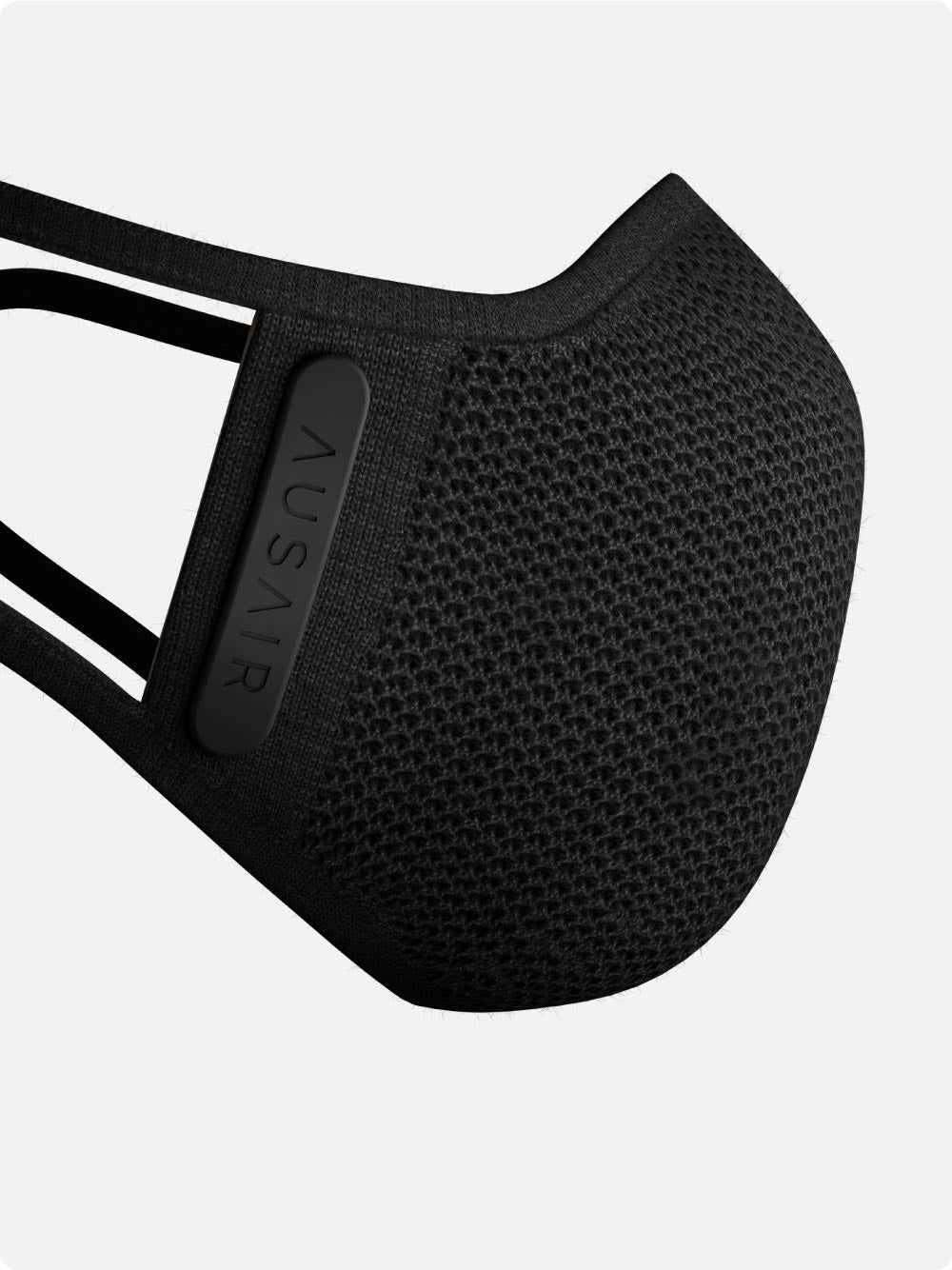

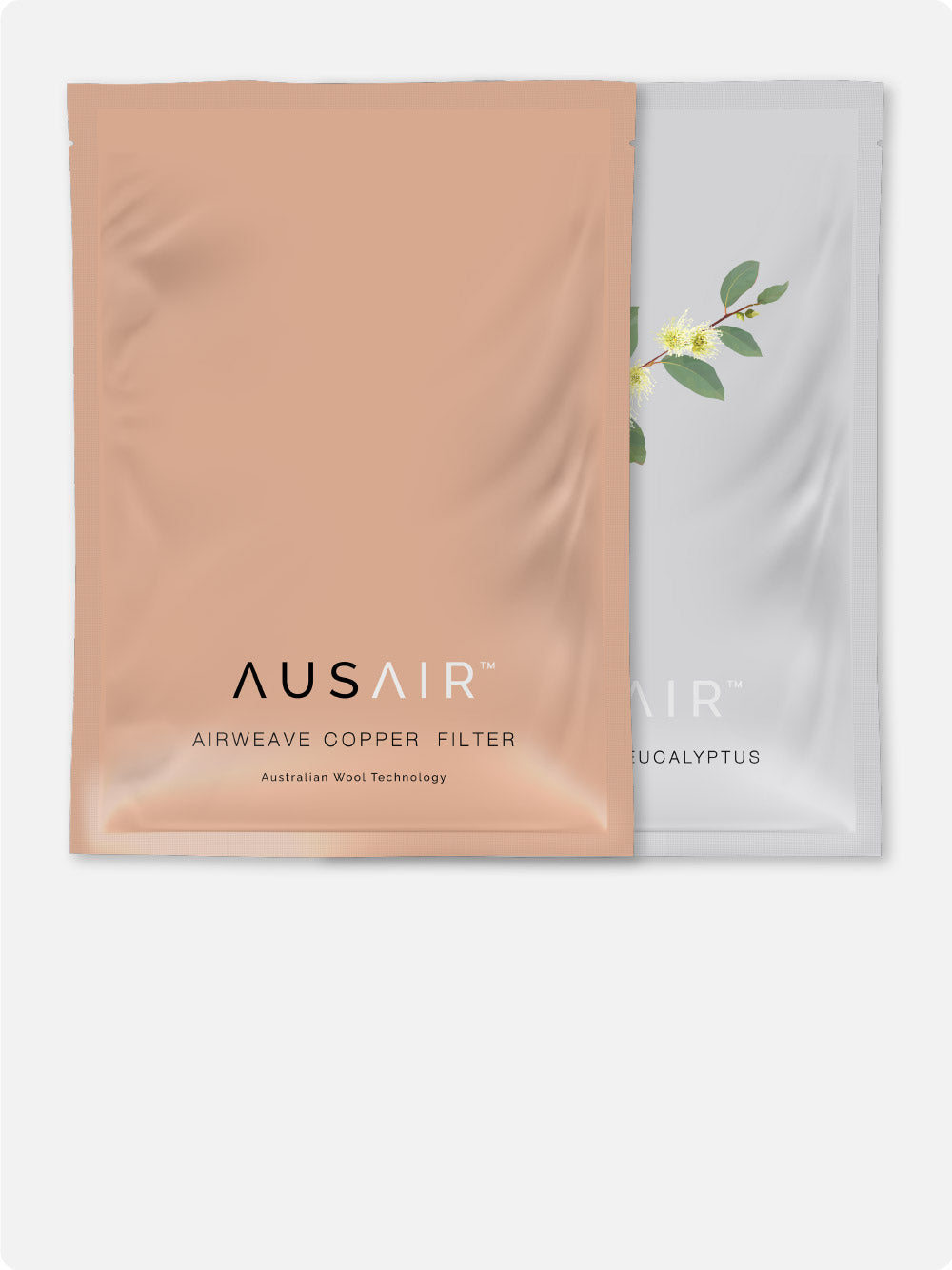
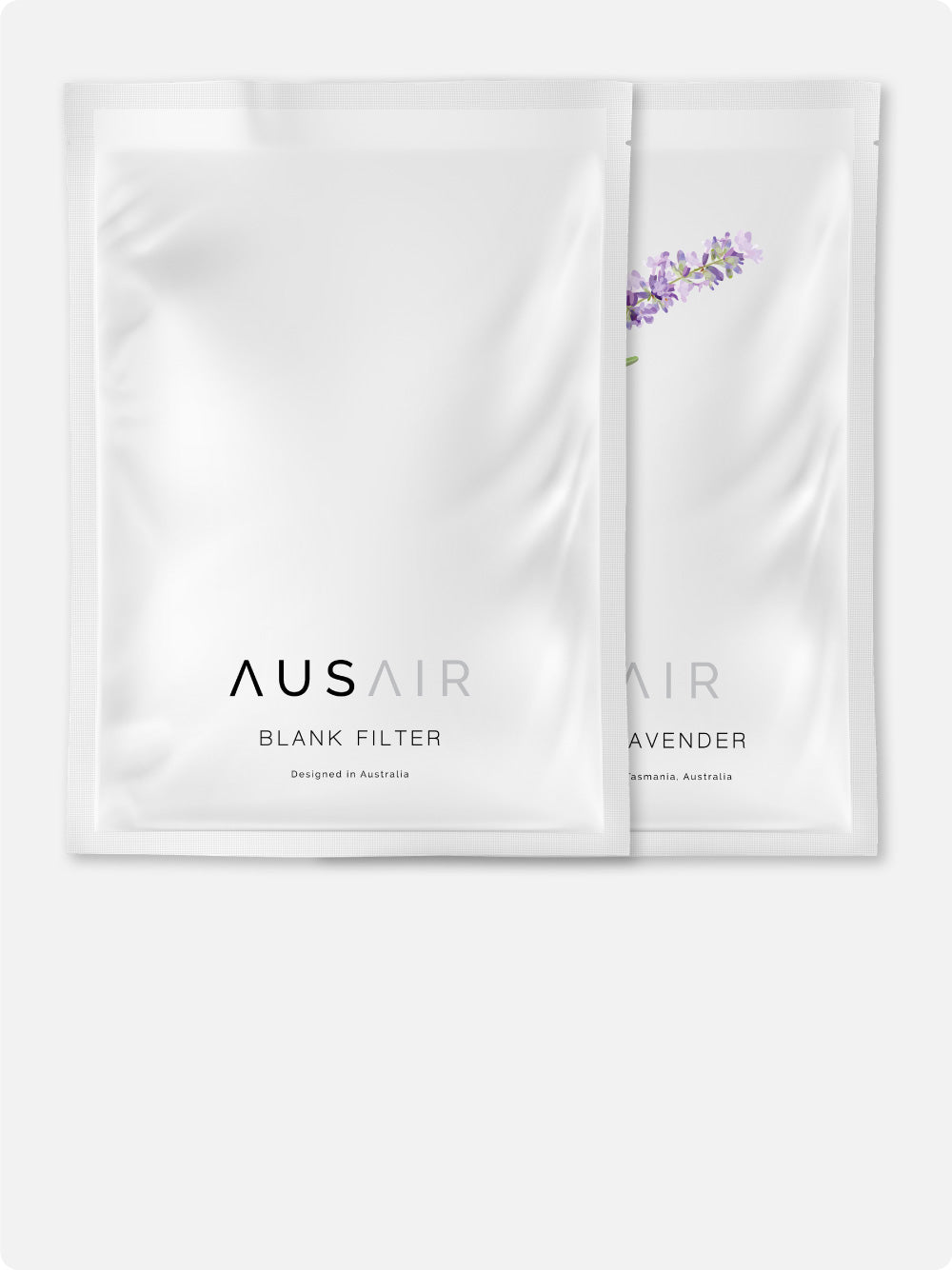
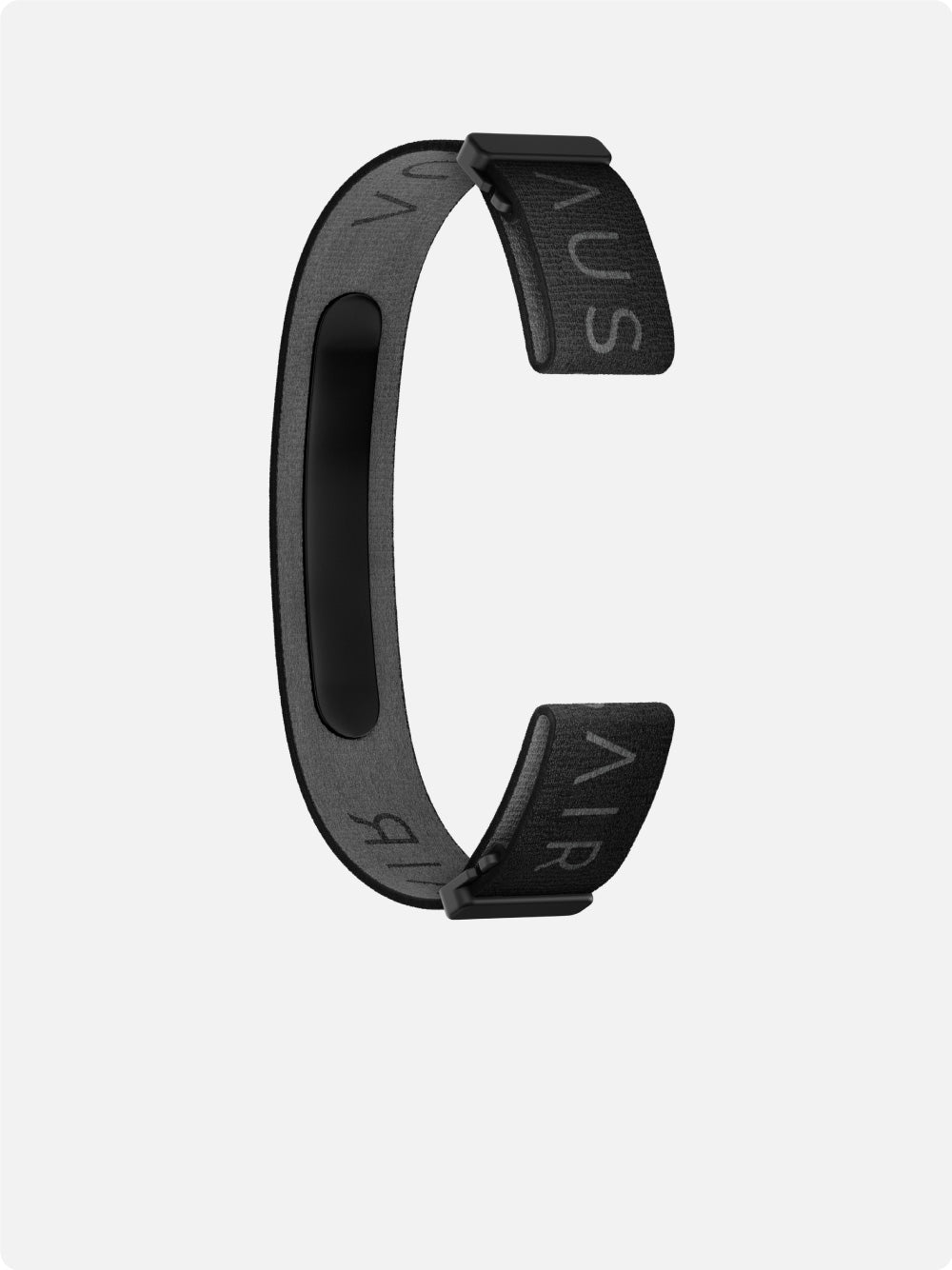
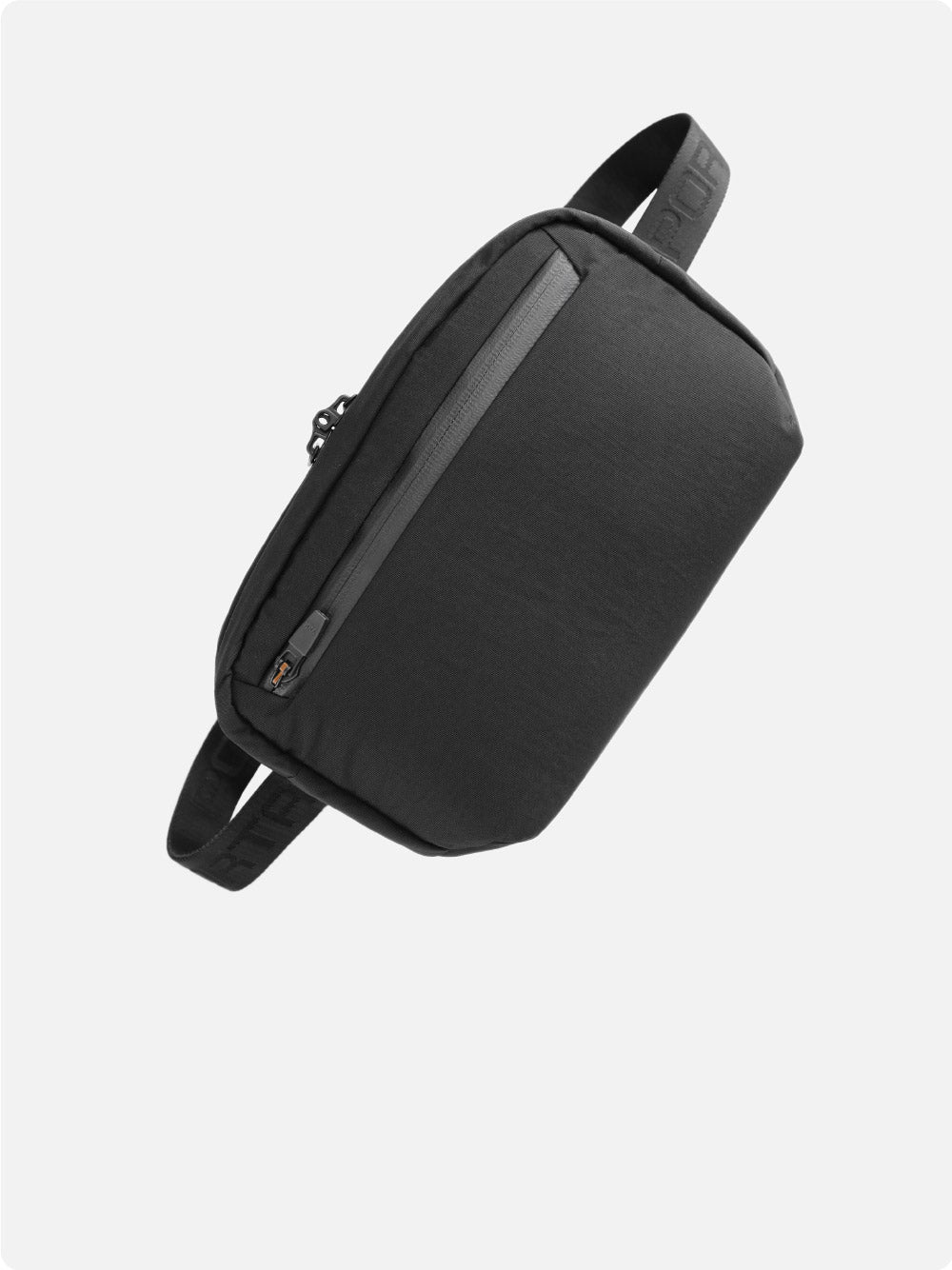
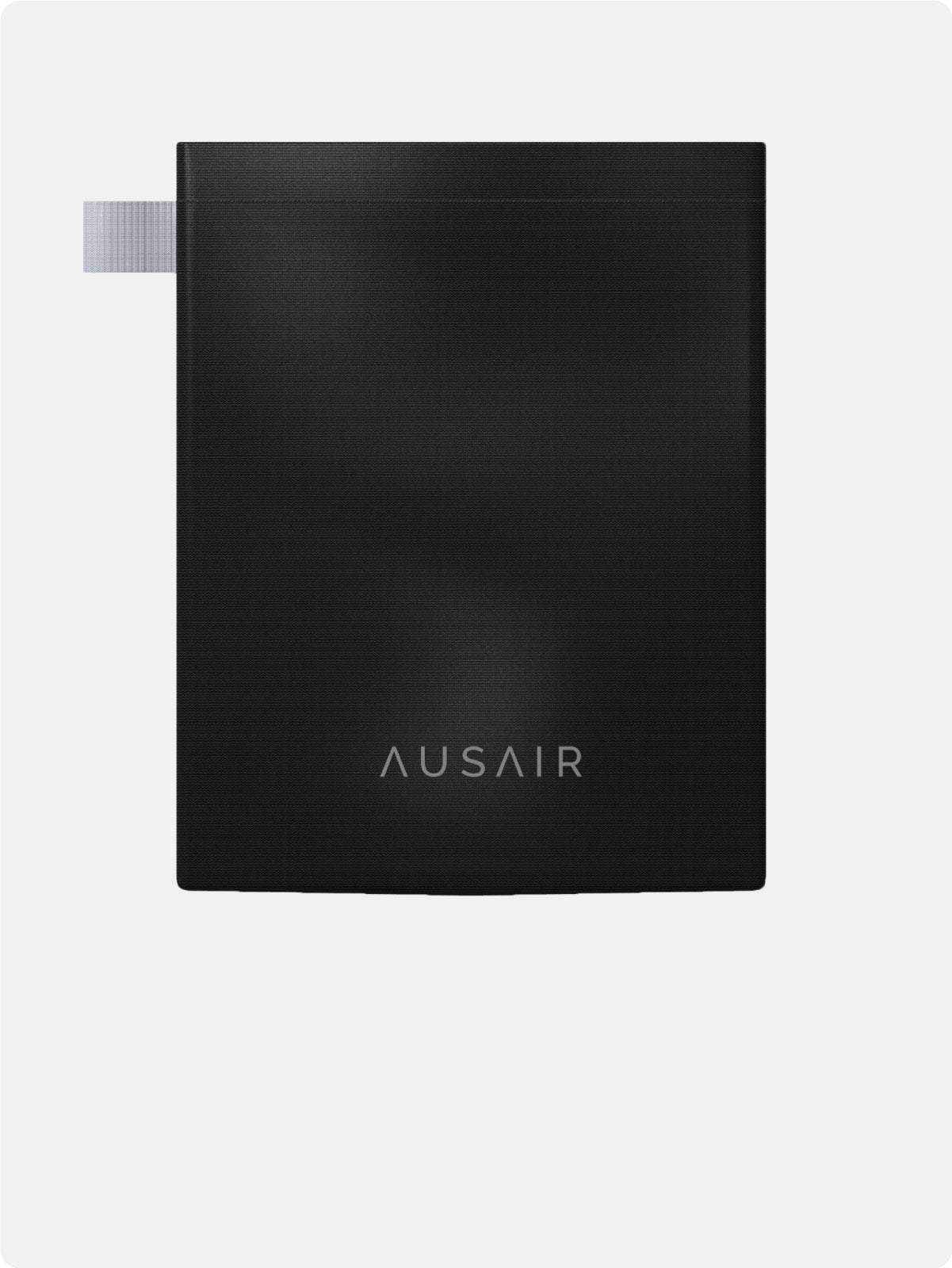


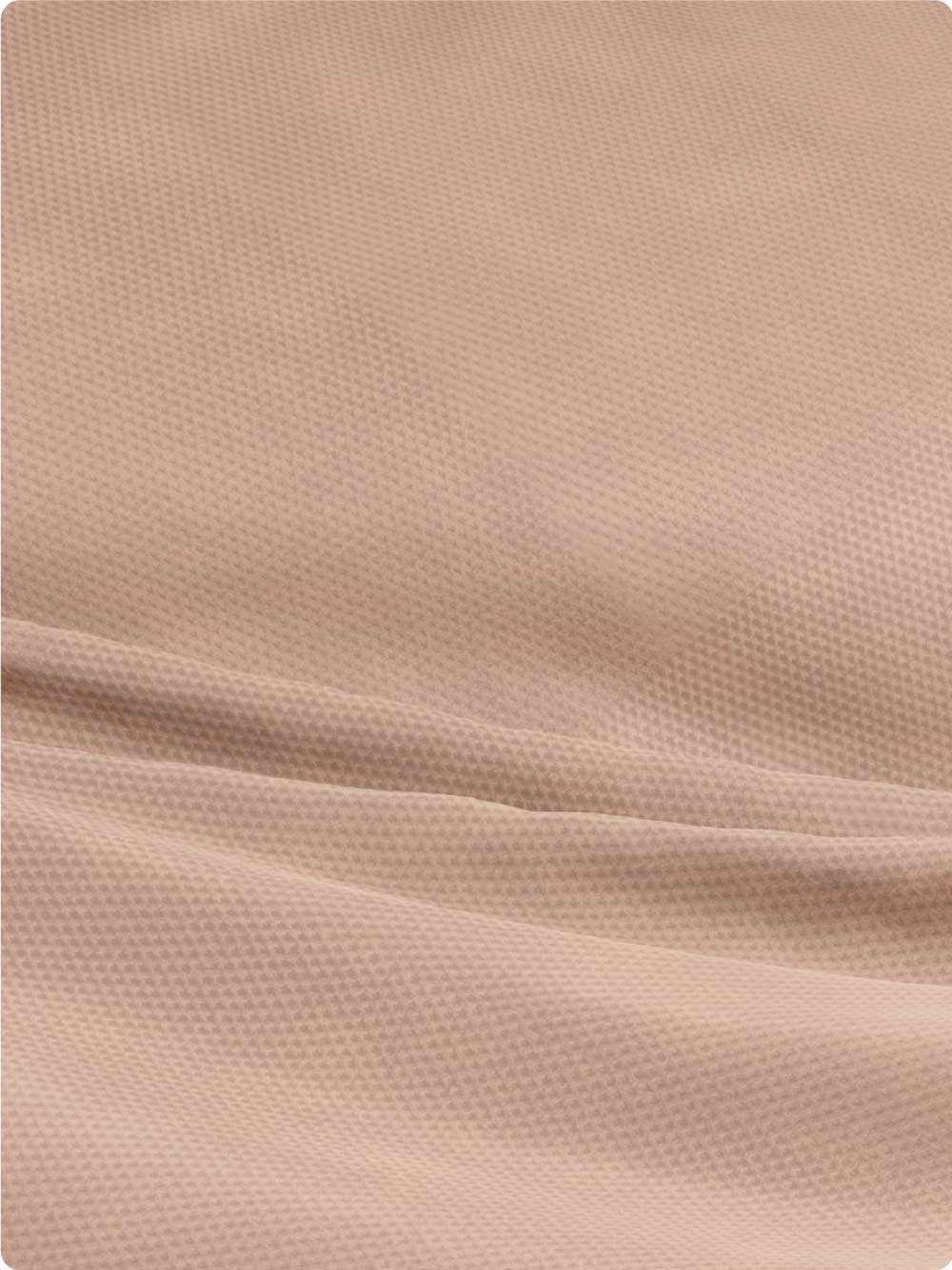




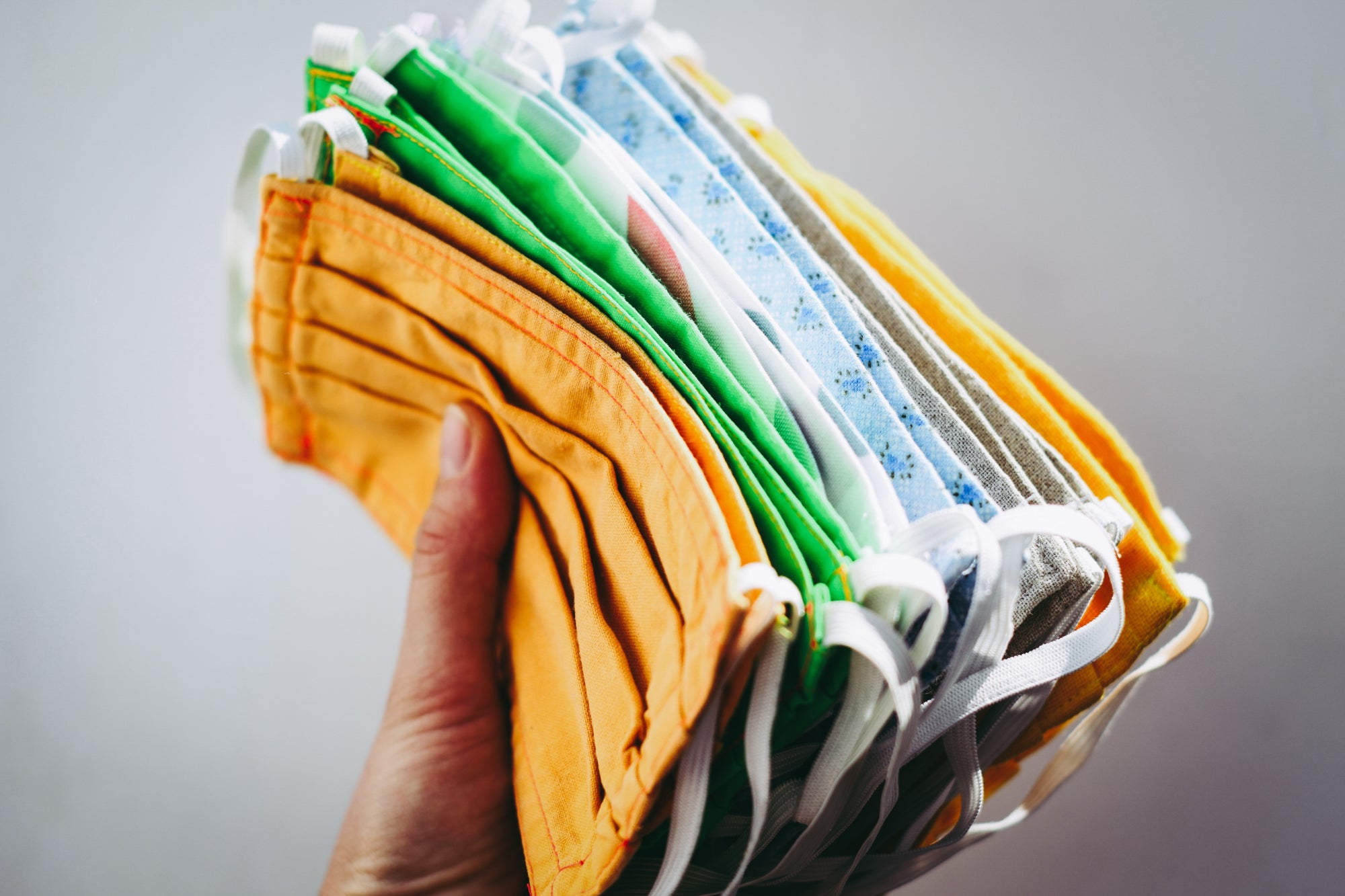
Leave a comment
All comments are moderated before being published.
This site is protected by hCaptcha and the hCaptcha Privacy Policy and Terms of Service apply.